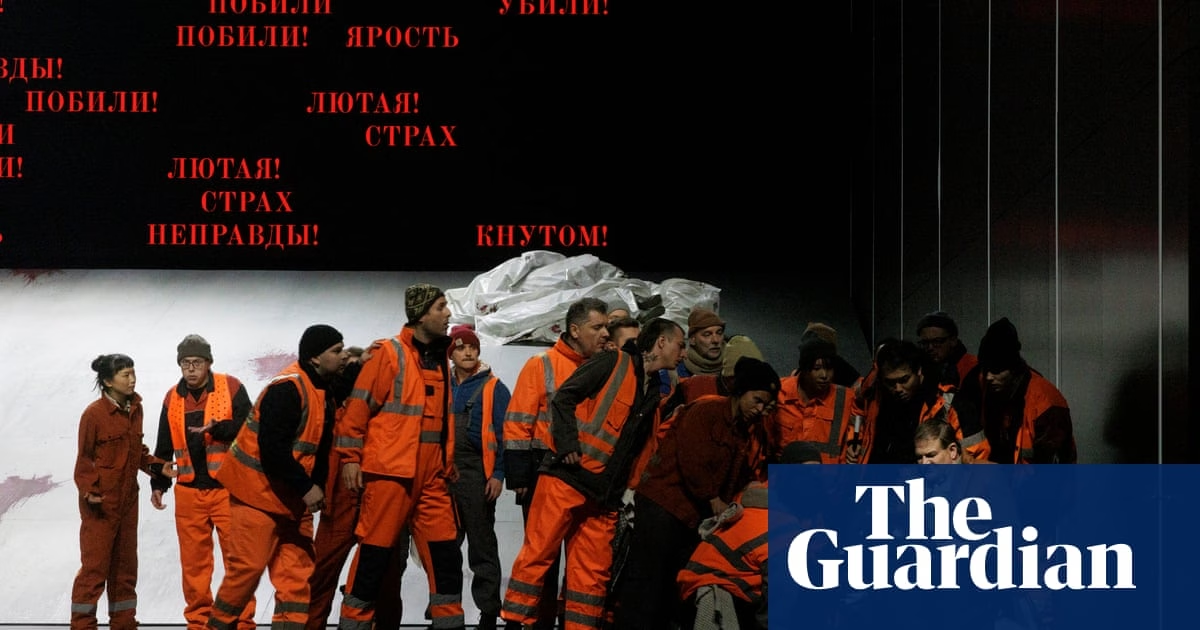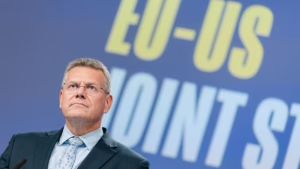A Russian political leader sings about war with Ukrainians and the need for a “durable peace,” stirring discussions among the country’s divided political elite about their ties with Europe or Russian traditions. The plot of Khovanshchina, an opera by Modest Mussorgsky, though written in the 1870s and set in the 1680s, resonates with the contemporary social and political climates, featuring characters mourning the endless cycle of violence in their homeland. This connection between the opera’s themes and current events has led to a recent surge in productions across Europe, showcasing modern interpretations of the typically rare opera. Productions in Berlin, Geneva, and upcoming in Salzburg, directed by Simon McBurney, who describes it as “hauntingly beautiful, and sometimes terrifying,” use contemporary settings to highlight the opera’s universality, with scenes set in modern-day political settings. McBurney initially planned to stage it at Russia’s prestigious Bolshoi Theatre but shifted his production to Salzburg after the theatre came under the control of a Putin loyalist. The decision reflects the broader consideration of staging Russian works in European opera houses amid geopolitical tensions, with some, like Poland’s National Opera, choosing not to stage Russian operas in solidarity with Ukraine. However, other directors, including the exiled Kirill Serebrennikov, plan to stage Russian classics outside Russia, incorporating personal and contemporary elements into their productions. McBurney emphasizes the opera’s universal themes, including the perception of being on the brink of change and the impending sense of disaster, which seem particularly resonant in today’s world.
Source: https://www.theguardian.com/music/2025/apr/05/khovanshchina-mussorgsky-russian-opera-europe-simon-mcburney







